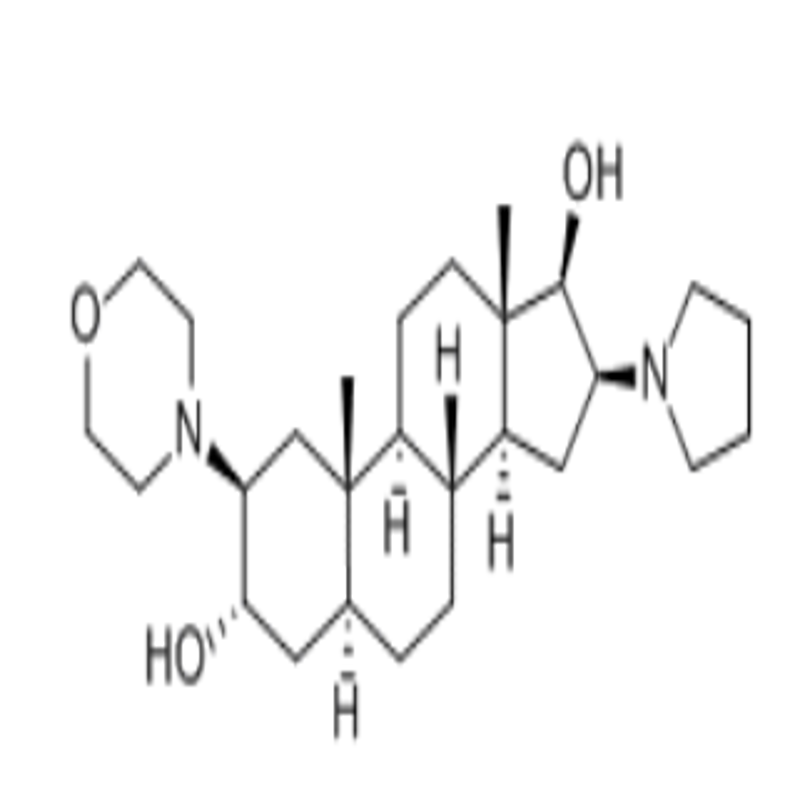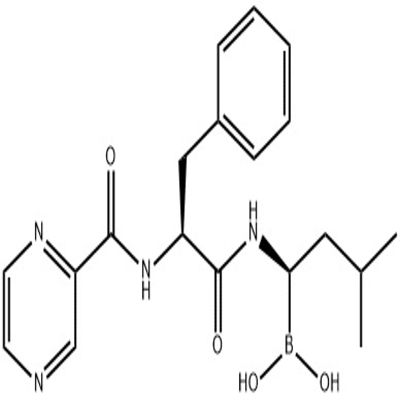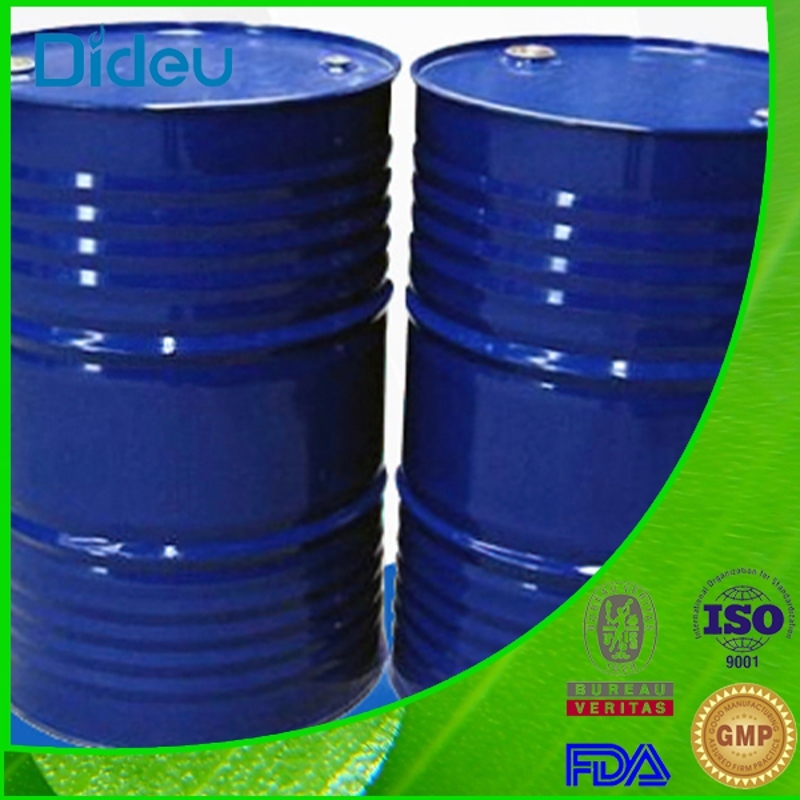-
Categories
-
Pharmaceutical Intermediates
-
Active Pharmaceutical Ingredients
-
Food Additives
- Industrial Coatings
- Agrochemicals
- Dyes and Pigments
- Surfactant
- Flavors and Fragrances
- Chemical Reagents
- Catalyst and Auxiliary
- Natural Products
- Inorganic Chemistry
-
Organic Chemistry
-
Biochemical Engineering
- Analytical Chemistry
-
Cosmetic Ingredient
- Water Treatment Chemical
-
Pharmaceutical Intermediates
Promotion
ECHEMI Mall
Wholesale
Weekly Price
Exhibition
News
-
Trade Service
7-Isoquinolinecarboxylic acid, also known as 7-hydroxy-4-oxoquinoline-2-carboxylic acid, is an organic compound with the chemical formula C9H6N2O4.
This acid is an important intermediate in the synthesis of various chemicals and pharmaceuticals and is widely used in the chemical industry.
Upstream Products
The upstream products of 7-isoquinolinecarboxylic acid are the raw materials required for its manufacture.
The most commonly used raw materials for the production of 7-isoquinolinecarboxylic acid are benzaldehyde, hydroxybenzaldehyde, and acetic anhydride.
These raw materials are processed to produce the desired intermediate product, which is then further purified and converted into the final product.
Downstream Products
The downstream products of 7-isoquinolinecarboxylic acid are the chemicals and pharmaceuticals that are produced using the acid as an intermediate.
One of the most important downstream products of 7-isoquinolinecarboxylic acid is the anti-asthma drug, Theophylline.
Theophylline is used to treat respiratory disorders such as asthma and chronic obstructive pulmonary disease (COPD).
It works by relaxing smooth muscle in the airways and increasing the air flow to the lungs.
Another important downstream product of 7-isoquinolinecarboxylic acid is the anti-malarial drug, Chloroquine.
Chloroquine is used to treat malaria and other parasitic infections.
It works by interfering with the metabolism of the parasite, thereby accumulating to toxic levels in the parasite and causing its death.
Other downstream products of 7-isoquinolinecarboxylic acid include the anti-cancer drug, Irinotecan, and the pain reliever, Meclofenamate.
Irinotecan is used to treat cancer and works by inhibiting the growth of cancer cells.
Meclofenamate is used to relieve pain and inflammation and is commonly used to treat muscle pain, arthritis, and toothache.
Manufacturing Process
The manufacturing process for 7-isoquinolinecarboxylic acid involves several steps, including the preparation of the raw materials, the reaction, and the purification of the intermediate product.
The following is a general outline of the manufacturing process:
- Preparation of Raw Materials: Benzaldehyde, hydroxybenzaldehyde, and acetic anhydride are the most commonly used raw materials for the production of 7-isoquinolinecarboxylic acid.
These raw materials are prepared by chemical reactions that involve the hydrolysis of benzene and the condensation of benzaldehyde with acetic anhydride. - The Reaction: The raw materials are processed in a reaction that involves the reaction of benzaldehyde and hydroxybenzaldehyde with acetic anhydride in the presence of an acid catalyst.
The reaction produces the desired intermediate product, which is a mixture of 7-hydroxy-4-oxoquinoline-2-carboxylic acid and 7-hydroxy-4-oxoquinoline-3-carboxylic acid. - Purification of Intermediate Product: The intermediate product is purified by crystallization, filtration, and recrystallization.
The purified intermediate product is then further processed to produce the final product, which is 7-isoquinolinecarboxylic acid.
Quality Control
The quality of 7-isoquinolinecarboxylic acid is critical in ensuring that the downstream products are of the required purity and quality.
Quality control measures are implemented throughout the manufact







